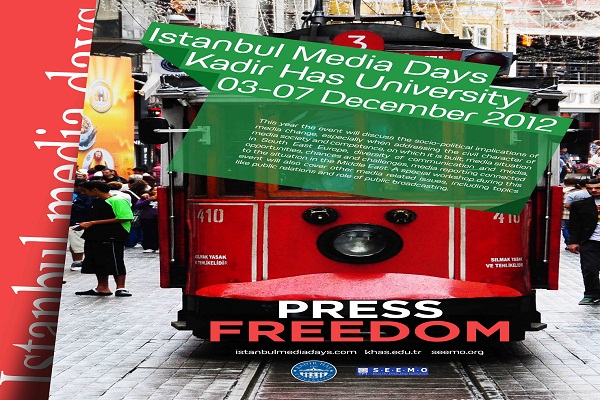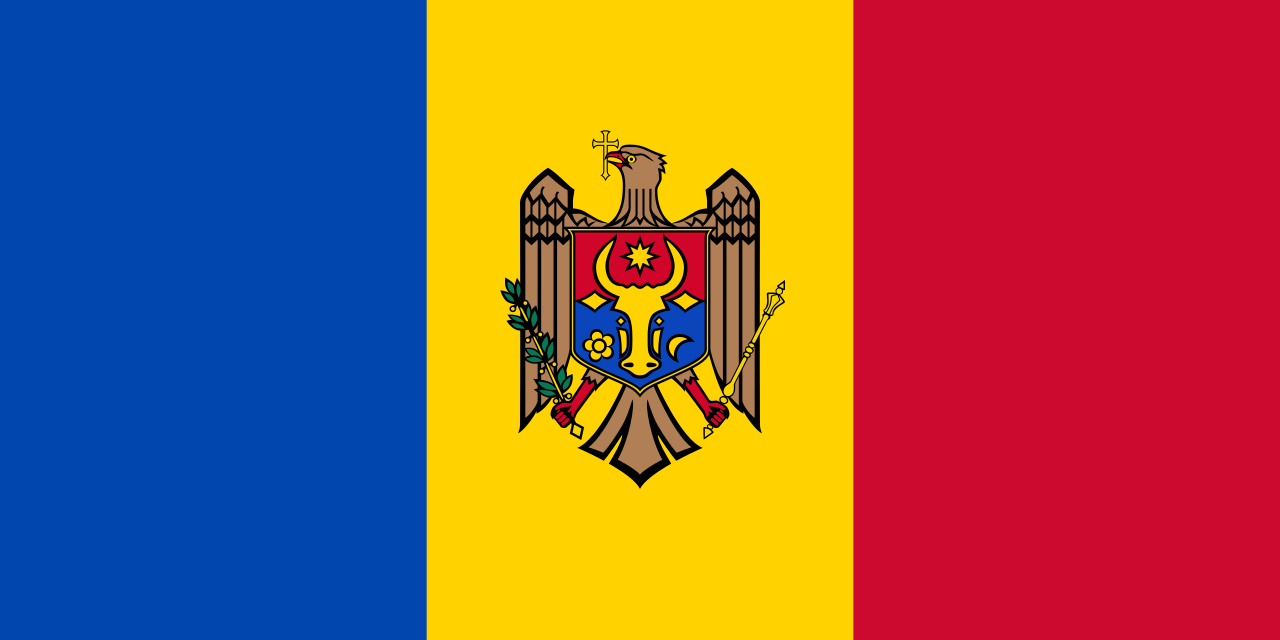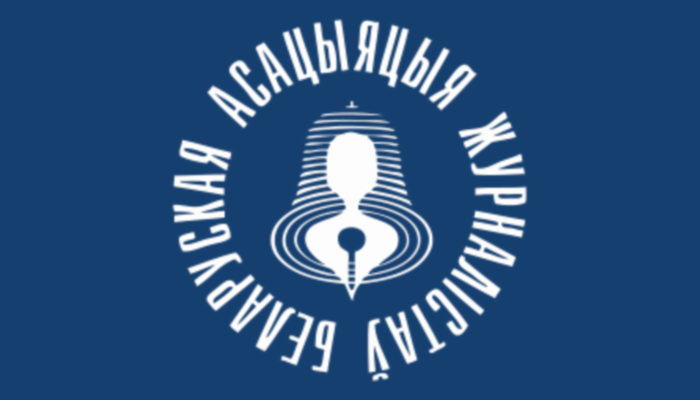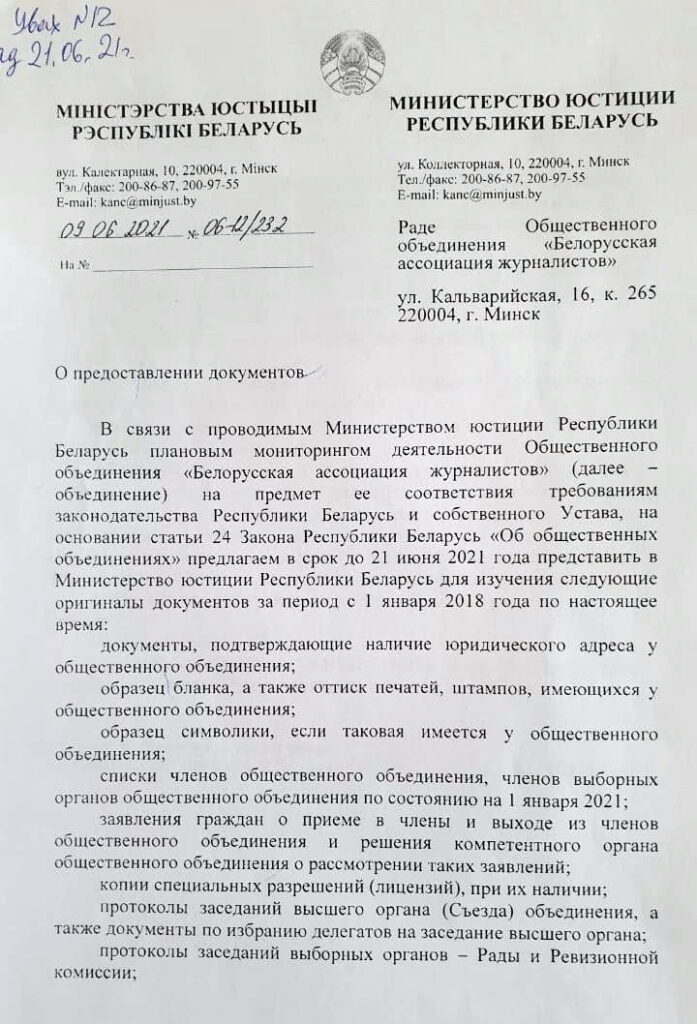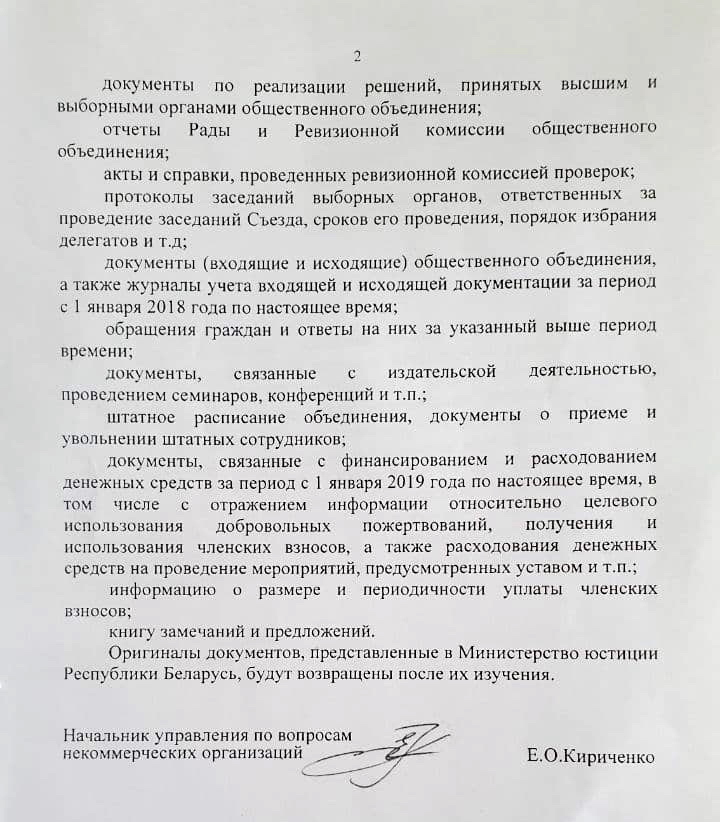Biber Vienna,
https://www.dasbiber.at/content/istanbul-media-days-2012?qt-quicktabs=0
Sie sind hier
ISTANBUL MEDIA DAYS 2012
28. Dezember 2012
Das Highlight der Istanbul Media Days 2012 war wohl die Auszeichnung mit dem „Human Right Award“, das SEEMO (South East Europe Media Organisation) jährlich verleiht. Diesmal wurde der türkische CNN-Türk Journalist Cüneyt Ünal und der jordanische Reporter mit palästinensischen Wurzeln, Bashar Fahmi Kaddumi.
Jedes Jahr werden hunderte Journalisten in Kriegsgebieten gefangen genommen, gefoltert und/oder umgebracht.
Cüneyt Ünal stand in Syrien fast 90 Tage unter Arrest, wo sich Fahmi Kaddumi befindet ist allerdings unklar – den Preis hat übrigens seine Frau entgegen genommen…
Aber zurück zu den Istanbul Media Days. Die Kadir Has Universität, wo die Medientage stattgefunden haben, sieht in erster Linie nicht wirklich wie eine Uni aus – zumindest nicht von innen. Die Privatuniversität befindet sich im konservativen Stadtteil von Istanbul, in Fatih. Dennoch hebt sich die moderne Uni etwas hervor. Sie scheint eine renommierte Uni zu sein, obwohl böse Zungen behaupten, dass die StudentInnen, die an der Kadir Has studieren reiche Eltern haben und sonst an keiner anderen Uni zugelassen werden, weil sie die Aufnahmeprüfungen nicht bestehen. Das Gerücht kann ich weder bestätigen, noch verneinen, aber etwas ist mir hier sehr stark ins Auge gestochen.
Uni oder Laufsteg
Hier hat man das Gefühl weniger auf einer Universität zu sein, sondern viel mehr in einem Luxushotel. Die Mädels hier treten auf wie Models auf dem Laufsteg – super-gestylt und super-hübsch, aber leider super-eingebildet. Auf den Gängen ist immer was los. In der Aula gibt es sogar einen Starbucks, wo man fast nie einen Platz findet. Da braucht man nun wirklich nicht in die Staaten fliegen – hier ähnelt das Studentenleben dem der Amerikaner sehr…
Einen großen Vorteil haben die StudentInnen der Kadir Has – bei Schönwetter gesellen sie sich gerne ans Meer, das sich direkt auf der anderen Straßenseite befindet. Aber genug von den StudentInnen und ihrer Luxusuni.
Der Grund weshalb ich in Istanbul war, sind zum einen die Istanbul Media Days, die bereits zum 2. Mal stattgefunden haben, und zum anderen war es das Interview mit dem ORF-Korrespondenten Christian Schüller.
Aber alles nach der Reihe.
In Kooperation mit zwei heimischen Universitäten – nämlich der Kadir Has und der Bilgi Universität – der Uni Wien und SEEMO, kamen Journalisten, Medienvertreter und Professoren aus Südosteuropa an 5 Tagen zusammen. Sie diskutierten über die Pressefreiheit in ihrem Land und standen den StudentInnen Rede und Antwort.
Selbstverständlich war die Pressefreiheit in der Türkei auch ein großes Thema, dass sich bis zum Ende der Medientage gehalten hat.
Anhand der Medien merkt man, dass bei einigen Themen nicht mehr geschwiegen wird – wie zum Beispiel dem Kurdenthema.
Das sieht auch ORF-Korrespondent Christian Schüller so. Mit ihm habe ich mich über seine Zeit in Istanbul, über die politische Situation, seine Arbeit und seine ersten Gehversuche in der Stadt am Bosporus gesprochen.
Österreich und Türkei haben viele Parallelen
Biber: Christian, du bist seit 1 ½ Jahren in der Türkei bzw. in Istanbul. Hast du dich integriert?!
Christian Schüller: (Lacht) Seit ich versuche Türkisch zu lernen, verstehe ich, wie umgekehrt schwierig es für Türken sein muss, Deutsch zu lernen – vor allem für Migranten, die nicht viel Erfahrung mit anderen Sprachen haben (Anm. er selbst spricht 6 Sprachen fließend!).
Bin ich integriert – schwere Frage. Ich sehe Istanbul als eine breite Palette an Kulturen. Es ist schwierig zu definieren, wie man sich als Istanbuler fühlt. In meinem Bezirk, Cihangir (Anm. ist ein nobler Stadtteil von Istanbul), dem Bobo Bezirk von Istanbul, würde man eher Schönbrunner Deutsch reden. Auch in Istanbul gibt es viele Dialekte. Aber ich werde als Fremder wahrgenommen.
Biber: Wie war es für dich am Anfang, als du nach Istanbul gekommen bist?
Schüller: Ich habe mich bereits nach 2 Wochen so gefühlt, als wäre ich nie woanders gewesen. Aber das liegt an Istanbul, weil man hier sehr schnell aufgenommen wird. Man fühlt sich schnell als ein Teil dieser sich ständig verändernden Stadt.
In Wien ist es anders, ich kann mir vorstellen, dass man Wien als eine starre Stadt empfindet, und man muss aufpassen, nicht das falsche zu sagen.
Wie ist die Arbeit hier?
Das Arbeiten hier ist aus unterschiedlichen Gründen sehr schwierig. Als Korrespondent ist es sehr schwer, die türkische Politik oder Gesellschaft zu durchschauen. Man fällt sehr schnell auf Sachen rein, die nicht wirklich Bedeutung haben. Man braucht eine Zeit, bis man entdeckt hat, dass z.B. hinter einer politischen Aussage etwas anderes steckt. Und es ist sehr schwer an Entscheidungsträger und politisch wichtige Leute heranzukommen.
Spontan ist es schwer hier eine Geschichte zu machen. Man braucht für alles eine Drehgenehmigung, das erschwert einem die Arbeit.
Aber in Österreich ist es nicht anders mit der Drehgenehmigung, oder?!
In Österreich ist es viel einfacher. Hier in der Türkei ist es viel bürokratischer. Mein Hauptproblem ist, Geschichten, die für mich in der Türkei wichtig erscheinen, im Fernsehen unterzubringen. Es muss halt manchmal eine Sensation passieren, damit es einen TV-Wert hat. Daher bringe ich meine Geschichten in Magazinen unter.
Gibt es Barrieren bei deiner Arbeit?
Vor zwei Wochen wollten wir auf einem österreichischen Kraftwerk in Biricik drehen. Dort wurde ein Flüchtlingslager für syrische Flüchtlinge errichtet. Wir wollten zeigen, wie diese österreichischen Ingenieure auf diesem Kraftwerk mit den Problemen der Flüchtlinge umgehen. Es war kein Problem mit dem Kraftwerkbetreiber zu sprechen, auch nicht mit den Flüchtlingen, nur mit der Gendarmerie ab es Probleme. Sie haben uns keine Drehgenehmigung erteilt. Und wenn ich dann die Genehmigung bekommen hätte, würde es lange dauern – und dann besteht die Gefahr, dass die Geschichte nicht mehr aktuell ist.
Was ist der Unterschied zum Arbeiten in der Türkei als mit dem Arbeiten, wie z.B. in den anderen Ländern, wo du als Korrespondent tätig warst?
In Russland war es z.B. schwierig Interviews mit Menschen während einer Demonstration zu führen. Die Leute hatten Angst. Hier in der Türkei herrscht eine große Meinungsfreiheit.
Wirklich?
Viele Medien unterstehen zwar einer Selbstzensur, weil sie eben keine Schwierigkeiten mit der Regierung haben wollen, aber trotzdem kann man hier alle Meinungen hören und lesen, es gibt weniger Tabus als in der Vergangenheit – z.B. die Kurdenproblematik.
Obwohl man hier den Druck auf die Medien spürt, finde ich auch, dass die türkischen Zeitungen viel mehr Vielfalt bieten als die Österreichischen.
Aber so verschieden Österreich und die Türkei auch sind, so ähnlich sie die beiden Ländern. Es gibt viele Parallelen zwischen den beiden Ländern.
Zum Beispiel?
Beide Länder haben ein Problem mit der Obrigkeitsgläubigkeit, geprägt von einer dominierenden Bürokratie, beide haben keine liberale Tradition und ein Problem mit anderen Kulturen – den Satz „passt euch an“, den man in Österreich so oft hört, wird hier zum Beispiel an Kurden angewendet. Man sagt „es ist gut, wenn du Kurde bist, aber sag es nicht und sag nicht, dass du dich als Kurde fühlst“. Aber wenn du sagst, du fühlst dich als ein Türke, dann darfst du auch Kurde sein – und das ist auch wie Österreich Toleranz definiert.
Sowohl die Türkei als auch Österreich ist sehr konservativ, was die Religion betrifft. Österreich war ja zu 80 % protestantisch und wurde von den Habsburgern damals mit Gewalt katholisch gemacht und so ähnlich ist es hier in der Türkei mit den Aleviten. Und jetzt kommen wir zu einer anderen Wahrheit – nämlich der, dass sie sich nicht der Vergangenheit stellen wollen und das ist der Hauptpunkt, den beide Länder am meisten miteinander verbindet.
Wie siehst du die Türkei und ihren Einfluss auf Europa bzw. Österreich?
Da hören die Parallelen auf. Wir sind ein Zwergstaat und die Türkei eine Großmacht. Man spürt, dass die Türkei gegenüber Österreich fordernd ist und man spürt auch die Frustration im Bezug auf die EU Verhandlungen, wo Österreich ein Grund ist, warum die Türkei nicht in die EU kommt und das lässt man auch Österreich spüren.
Es ist zum Beispiel auch nicht nachvollziehbar, wieso einige Türken noch immer ein Visum für die Einreise nach Österreich benötigen. Das könnte Österreich etwas anders auslegen, denn die türkischen Bürger haben aufgrund des Abkommens aus den 60er Jahren das Recht darauf ohne Visum einzureisen, das wird aber von der EU restriktiv behandelt, aus Gründen, die nicht nachvollziehbar.
Wenn man die strengen Visaregeln etwas lockert, dann ist es deiner Meinung nach ein Zeichen des Vertrauens?
Ja genau, denn damit sagt man den türkischen Bürgern, ihr seid unerwünscht, behauptet wird aber, dass es nicht so ist. Da ist ein Widerspruch drinnen.
Was ich aber überhaupt nicht nachvollziehen kann ist, bis vor kurzem hat die Türkei der österreichischen Gesellschaft vor, dass sie wenig für die Integration der Migranten getan haben. Die Frage ist hier, was die Türkische Regierung bzw. Institutionen dafür getan hat. Z.B. was haben die Imame dazu beigetragen? Man hat sich immer gegenseitig vorgeworfen, dass der andere für die Integration nicht tut.
Wie ist es hier in den Behörden für die Leute, die nach Österreich einwandern? Welche Informationen bekommen sie, wie verläuft die Schulung?
Ich war in Ankara bei so einer Schulung. Es ist schwer an die Leute ranzukommen, weil sie zunächst ihr Visum beantragen und dann fahren sie wieder zurück in ihre Heimatstadt und dann kommen sie erst wieder nach Ankara, wenn sie verständigt werden, ihr Visum abzuholen. Und dort sagt man dann ihnen, dass es gut für sie wäre, wenn sie bei einer mehrstündigen Schulung teilnehmen, die von einem Türken, der lange in Österreich gelebt hat, geleitet wird. Aber es ist freiwillig, man kann sie nicht zwingen, an den Schulungen teilzunehmen. Es gibt aber schon Einige, die das ausnützen. Und in so einer Schulung wird dann einem erklärt, was sie in Österreich erwartet, also worauf sie achten sollen, an welche Stellen sie sich wenden sollen. Und das gibt es seit 1 ½ Jahren.
Aber man kann halt so etwas nicht dauernd veranstalten, weil die Menschen eben nicht Ankara leben. Sinnvoll wären solche Schulungen, die nicht nur einen Vormittag dauern, sondern ein paar Wochen. Abgesehen davon kosten eine Anreise und der Aufenthalt viel Geld.
Aber wenn wir wollen, dass sich die Menschen in Österreich besser integrieren, dann müssen wir ihnen schon was bieten.
Von der türkischer Seite wäre das sicher ein Vorteil, wenn in den Vereinen Aufklärungsarbeit geleistet wird.
Ein ganz anderes Thema, vermisst du Wien?
Ich liebe Wien, viel mehr seit ich hier bin – aus der Ferne.
Das bedeutet?
Ich glaube das ist eine Wiener Krankheit, also je weiter man von Wien weg ist, desto besser lieb haben kann.
Und es hat auch schon seine Vorteile im Ausland zu sein.
Ich verstehe ja viel auf Türkisch und rede auch ein bisschen (Anm. er spricht sogar sehr gut Türkisch), aber es ist ein Privileg nicht wenn ich nicht alles verstehe. Also wenn ich in einem Lokal sitze, dann verstehe ich nicht alles, aber das ist auch gut so, denn wahrscheinlich ist das meiste eh nur Blödsinn, aber in Österreich kriege ich jeden Blödsinn mit und es betrifft mich auch noch mehr was die Leute dort sagen. Und auch wenn ich hier alles verstehen würde, würde es mich nicht so sehr betreffen, denn es ist nicht mein Land.
Was mich an Wien stört, ist dass ich die Neugier vermisse. Es fragt mich kaum einer, wie es in dem Land ist, aus dem ich komme, auch nicht meine Kollegen. Die erste Frage ist immer, wann fährst du wieder. Es ist ein gemischtes Gefühl, zum einen wird man darum beneidet, dass man im Ausland ist, aber zum anderen versteht man es nicht, warum man Viele sind nicht bereit sich zu entwurzeln, um einen Auslandsposten anzunehmen, zum anderen beneidet man denjenigen, der so eine Stelle hat. Wahrscheinlich will man nicht etwas hören, die das eigene Selbstbild zerstören könnte. Es geht einem wie einem Migranten.
Und wenn du in Wien bist, vermisst du dann Istanbul?
Schon am Flughafen vermisse ich Istanbul.
Und was vermisst du genau?
Die Vielschichtigkeit von Istanbul, die vielen Epochen, die man auf einem Fleck hier sieht und die doppelte Offenheit, die dadurch entsteht. Zum einen die Offenheit zum Meer, und zum anderen die Offenheit in der Zeit, damit meine ich die Geschichte.
Wie ist es eigentlich im Landesinneren?
Es verändert sich in den Städten Anatoliens vieles, es wird viel gebaut. Ich war aber abseits von diesen boomenden Städten, und da kann man einiges an Klischees wieder finden, die zur Türkei passen mag. Aber gleichzeitig doch wieder nicht, wenn man auch da diese Verschiedenheiten sind. Ich war in einem kurdisch-alevitischen Dorf, in der Gegend von Dersim letzten Frühling, da herrschte eine ganz andere Stimmung als in einem sunnitischen Dorf.
Inwiefern anders?
Es hat mich beeindruckt, wie am Dorfplatz Frauen und Männer gemeinsam gesessen sind, also nicht getrennt und miteinander geredet und gescherzt haben und eigentlich sehr locker zugegangen ist. Und dann gibt es Dörfer wo man sieht, dass Frauen zu Hause sitzen und Männer in Cafés oder Teestube. Ich habe die Verschiedenheit des Landes erst im Laufe der Zeit gesehen und durch das herumfahren im Land. Es ist falsch von „den Türken“ als Überbegriff zu reden. Aber das gibt es nicht nur in Anatolien, sondern auch in Istanbul. Es gibt einige Wohnviertel, die architektonisch sehr modern sind, aber das Leben sehr traditionell. Man muss halt mit offenen Augen durch Istanbul gehen um das zu sehen.
Es werden immer mehr Wohnblocks errichtet, dadurch wird das Stadtbild moderner. Bist du der Meinung, dass auch die Einstellung der Menschen dadurch ändert?
Das kann ich schwer beurteilen, aber das was ich sehe, das für Veränderung spricht, ist das Bedürfnis der meisten Familien hier, ihren Kindern eine möglichst gute Ausbildung zu ermöglichen. Denn jede Art von Bildung öffnet Augen. Allein auch durch die Sprache. Es lernen immer mehr junge Menschen Englisch. Das Bedürfnis ist größer und zwangsläufig bedeutet das, dass einige Barrieren wegfallen für z. B. alle Informationen, die man sich aus dem Internet holen möchte.
Eine letzte Frage. Hast du Freunde hier in Istanbul?
Ich bin eigentlich ein Einzelgänger, was für einen Journalisten unüblich ist. Aber ich habe viel mehr Freunde, als ich zeitlich unterbringen kann. Ich habe fast nur einheimische Freunde. Aber ich komme nicht dazu alle zu treffen, die ich treffen sollte, aber das ist anscheinend ein Istanbuler Syndrom.
Hast du auch berühmte Freunde, die die türkische Community kennt?
Ein Freund ist er nicht, er ist mein Nachbar. Er ist ein super konversation starter (Anm. die Rede ist von Kenan Imirzalioglu).
Und wenn ich einmal Istanbul verlassen sollte, dann habe ich nicht das Gefühl, dass ich mich von Istanbul trennen muss. Ich glaube schon dass ich immer wieder nach Istanbul zurückkommen werde. Aber ich kann mir das Momentan überhaupt nicht anders vorstellen.
Achja, das ist mir jetzt noch eingefallen. Ich bin anfangs immer hingefallen, also gestolpert, weil die Straßen so uneben sind. In Wien war ich gewohnt etwas verträumt durch die Straßen zu gehen, das kann man hier natürlich nicht.
Ja und einmal ist mir sogar ein Fenster auf den Kopf gefallen. Ich bin auf der Straße gegangen und plötzlich fällt mir vom 3. Stock ein Fensterrahmen auf den Kopf, aber zum Glück war da keine Scheibe drinnen, sondern ein Fliegengitter, aber das kann hier halt schon mal passieren…
von Eser Akbaba

